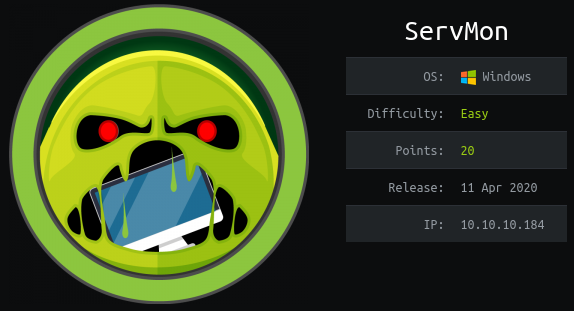HTB: Exlore
Posted on 01 Nov 2021 in security • Tagged with security, boot2root, HTB, Android, exploit, adb • 3 min read

This is a writeup about a retired HacktheBox machine:
Explorer created by
bertolis and publish on
June 26, 2021.
This box is classified as an easy machine. The user part involves an Android
exploit for ES File Explorer and the root part a simple port forward and an adb shell.
Continue reading


